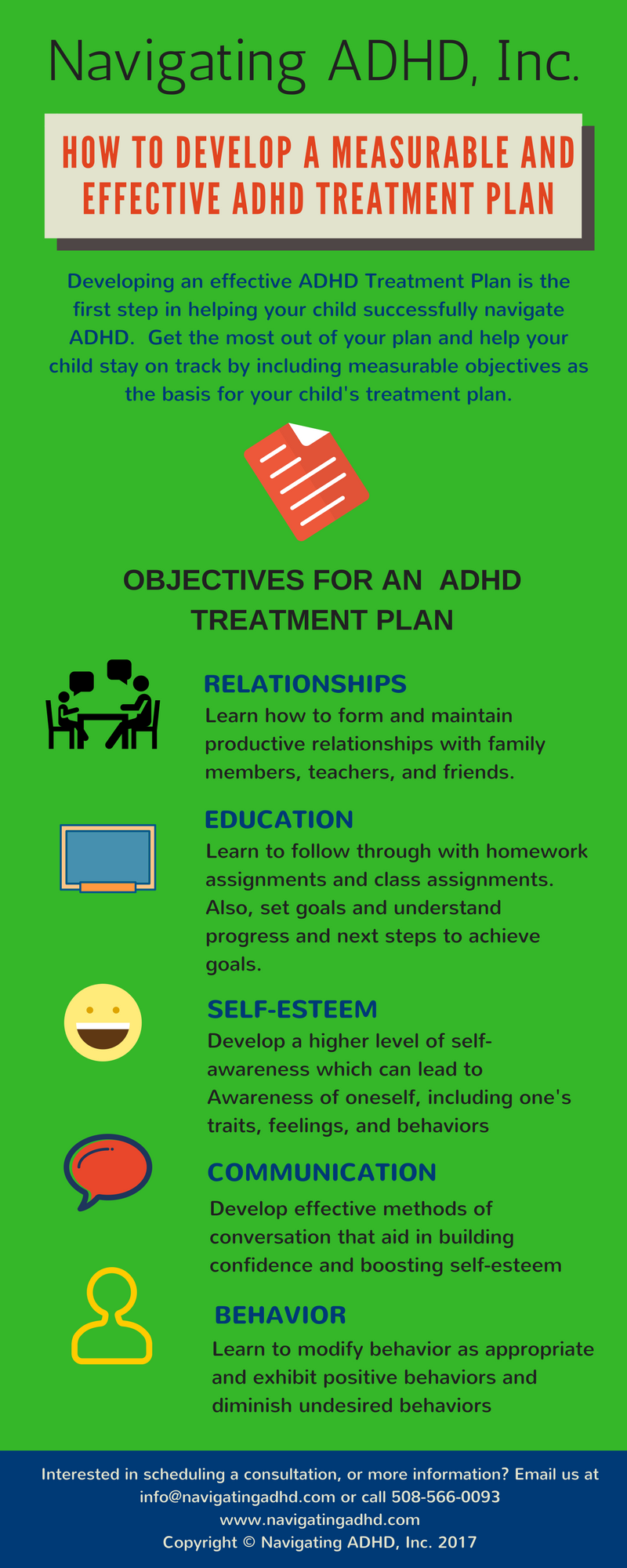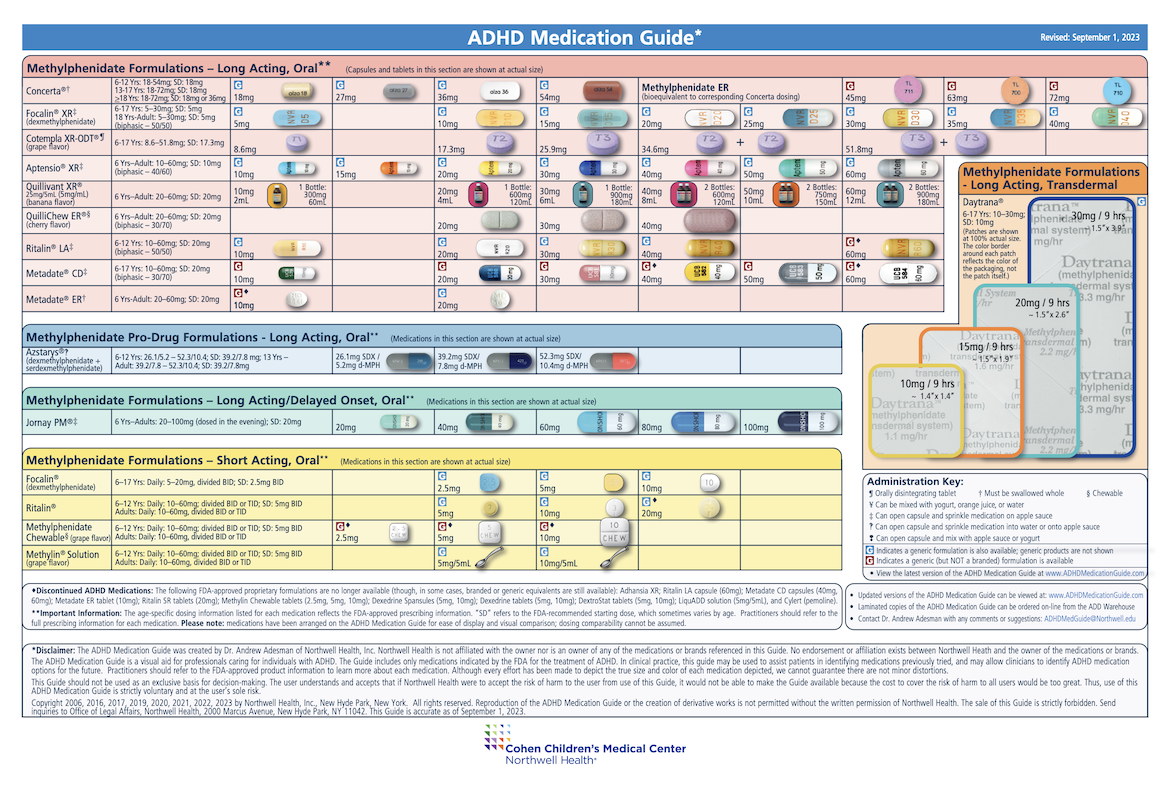Behavioral Health Services Available for Your Overall Wellness
Behavioral Health Services Available for Your Overall Wellness
Blog Article
Your Overview to Discovering the Right ADHD Therapy for Enduring Outcomes
Navigating the intricacies of ADHD treatment calls for a nuanced understanding of both the problem and the myriad options readily available for reliable monitoring. It is vital to identify that what works for one person may not always produce the very same results for one more.
Recognizing ADHD and Its Influence

In grownups, ADHD can cause obstacles in work environment settings, impacting productivity, time monitoring, and interpersonal partnerships. Frequently, undiagnosed or poorly managed ADHD can add to co-occurring mental health problems, such as anxiety and anxiety, further making complex a person's total well-being.
The social assumption of ADHD can vary, causing preconception and misunderstanding, which might prevent individuals from seeking assistance. As recognition expands, it is necessary to promote an environment that promotes understanding and support for those affected by ADHD, stressing the requirement for accurate diagnosis and customized approaches to alleviate its influence on everyday life.
Summary of Therapy Choices
An extensive strategy to treating ADHD encompasses a range of options customized to the individual's unique requirements. These choices can broadly be classified right into behavior interventions, psychoeducation, and way of living adjustments, along with medicinal therapies that may be checked out later on.
Behavior interventions, such as cognitive-behavioral treatment (CBT), focus on changing specific habits and creating coping techniques to manage signs successfully. Psychoeducation plays a vital duty in equipping both people and their households by giving details regarding ADHD, its obstacles, and effective methods for assistance.
Way of life alterations can substantially affect ADHD management. Routine exercise, a well balanced diet regimen, and appropriate sleep add to general wellness and symptom control. Mindfulness methods and relaxation strategies can additionally improve emphasis and lower impulsivity.
Support system and family members treatment can promote a sense of neighborhood and understanding, aiding individuals really feel less separated in their experiences. Each treatment alternative must be taken into consideration in conjunction with the individual's preferences and conditions, ensuring an all natural technique that promotes long-term success. Eventually, the objective is to create an individualized therapy strategy that addresses the details difficulties connected with ADHD while improving overall lifestyle.
Drug: Pros and Cons
Medication plays a crucial function in the treatment of ADHD, with various options readily available that can substantially ease symptoms for lots of people. Stimulants, such as methylphenidate and amphetamines, are frequently suggested and have actually revealed efficiency view website in improving emphasis, reducing impulsivity, and boosting overall habits. These medications work by raising dopamine and norepinephrine degrees in the brain, which are often dysregulated in those with ADHD.
Some people may experience side results, consisting of insomnia, reduced appetite, or increased anxiousness. Additionally, not all people react to energizer drugs, leading some to discover non-stimulant alternatives, which may have a postponed onset of action or various side effects.
It is necessary for people and their family members to weigh these advantages and disadvantages very carefully. Stabilizing the advantages of signs and symptom management versus potential adverse effects is vital for achieving optimum therapy end results. Partnership with doctor can help with enlightened decisions, making certain that medicine is part of an extensive ADHD administration strategy.
Behavioral Treatment Techniques

One generally employed method is Cognitive Behavioral Therapy (CBT), which helps people determine and change unfavorable thought patterns that contribute to ADHD-related challenges. Therapist for ADHD. With CBT, clients discover to set sensible objectives, handle time successfully, and develop organizational systems
One more effective strategy is Moms and dad Monitoring Training (PMT), which enlightens moms and dads on exactly how to enhance positive habits and lower negative ones through regular self-control and communication techniques. This approach fosters an encouraging home environment that urges behavioral renovations.
Social abilities training is likewise indispensable, assisting people with ADHD navigate social interactions extra effectively. Role-playing and modeling ideal actions can boost social capability battling depression and lower anxiety in social scenarios.
Way Of Living Modifications for Better Monitoring
Exactly how can way of living modifications significantly boost the management of ADHD symptoms? Executing critical lifestyle alterations can lead to significant improvements in emphasis, company, and emotional guideline for individuals with ADHD.
First of all, establishing an organized everyday routine assists in producing predictability, Related Site which can relieve sensations of bewilder. Consistent timetables for meals, study, and rest can improve everyday functioning.
Integrating regular exercise is also critical, as exercise has been shown to increase dopamine degrees, boosting attention and motivation (Therapist for ADHD). Going for at the very least thirty minutes of modest exercise most days can be beneficial
Nourishment plays a pivotal function too. A well balanced diet plan rich in omega-3 fatty acids, entire grains, and healthy protein can support cognitive function. Limiting processed sugars and caffeine might decrease symptoms, as these can bring about power collisions and impatience.
Final Thought
Finally, finding the right ADHD therapy demands a multifaceted approach that takes into consideration individual requirements and choices. A combination of drug, behavior modification, and way of living modifications can significantly enhance signs and symptom management and total health. Taking part in psychoeducation and establishing organized routines further sustains efficient treatment approaches. Cooperation with medical care specialists and open communication with assistance networks are necessary parts in navigating the intricacies of ADHD monitoring, eventually bring about lasting outcomes and boosted high quality of life.
Report this page